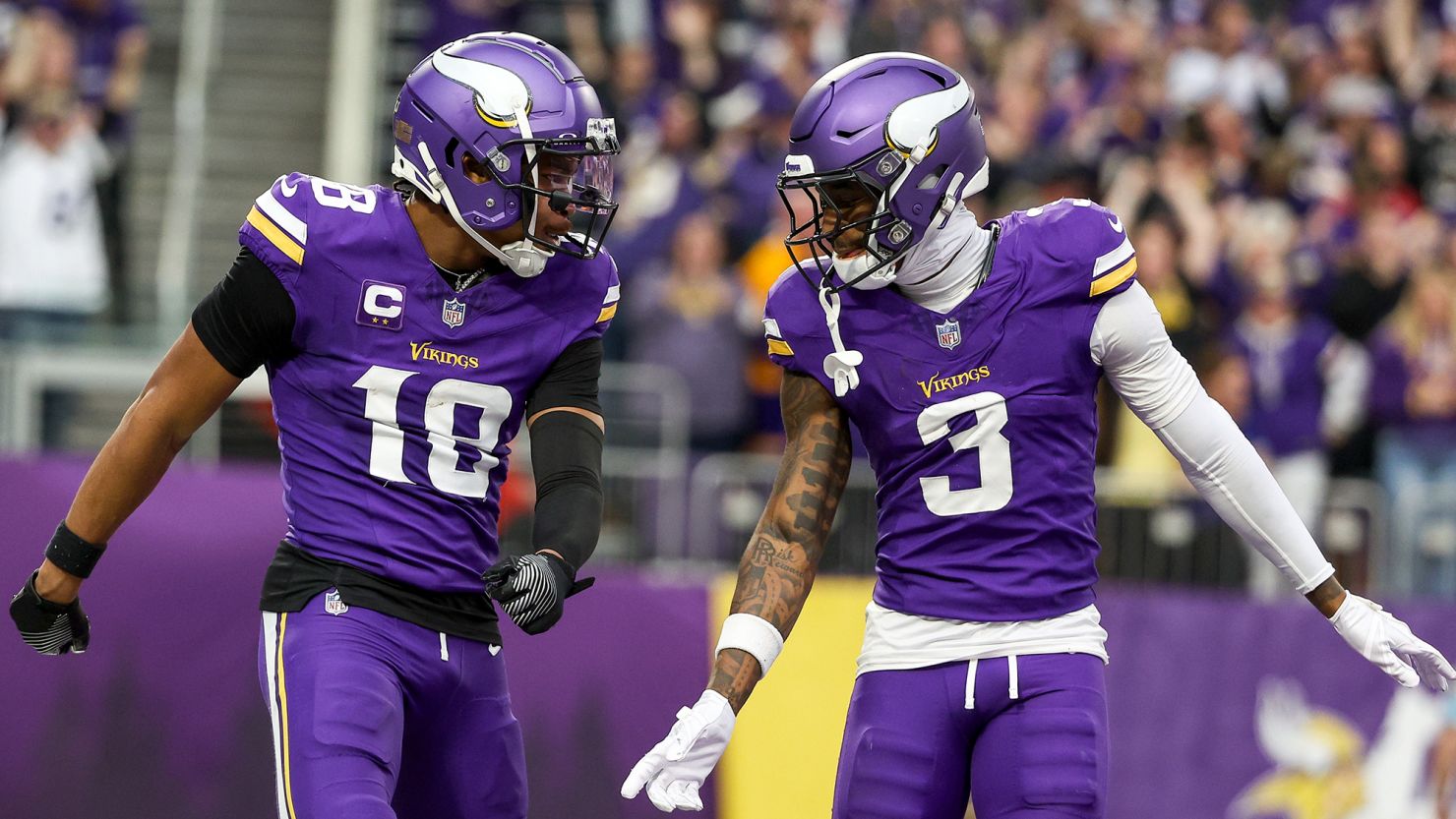Italy’s top football division, Serie A, is facing a political showdown over how it can sell and distribute its broadcast rights — a critical pillar of modern football economics. The tension centers around proposed amendments to the “Melandri Law”, as the Italian government attempts to reshape the commercial future of Italian sport.
The goal? Maximize economic returns.
The fear? Undermine Serie A’s autonomy and weaken the league’s global competitiveness.
Background: What Is the Melandri Law?
First introduced in 2008, the Melandri Law governs how Italian sports leagues can license their broadcasting rights. Its key provisions include:
- Broadcast rights must be sold via public tender.
- Contracts can’t exceed three years.
- Rights are co-owned by the league and competition organizers — with exclusive licensing powers granted to the league (Lega Serie A).
In 2022, the law was amended to give more flexibility — including longer contracts and international broadcast negotiations, which helped Serie A expand its global reach.
The Proposed Changes
As part of a draft bill to modernize Italian sport, the government is pushing for two major changes:
- Block Serie A from selling rights to a single broadcaster (e.g. only DAZN).
- Redistribute at least 50% of domestic broadcast revenues equally among all Serie A clubs, with increased “solidarity payments” to support lower leagues and other sports in Italy.
These proposals, officials argue, are designed to “pursue the best possible economic result” and align Italy with international norms.
Serie A Pushes Back
Lega Serie A President Ezio Simonelli immediately voiced strong opposition:
“Serie A is already giving 10% of broadcast revenues in solidarity. Increasing this would damage our development and sustainability.”
Simonelli is also critical of the revenue-sharing proposal, which he believes incentivizes mediocrity and punishes top-performing clubs that drive viewership.
He also emphasized the existential threat of piracy, which reportedly causes €300M in losses annually — a factor that could be exacerbated by broadcast fragmentation.
The Current Broadcasting Deal
Serie A’s current deal — signed in 2023 — is its most lucrative yet:
DAZN: 7 matches per week
Sky Sports: 3 matches per week
Total value: €4.5B over five years
This dual-partnership model — a hybrid between exclusivity and reach — allows Serie A to tap both local and global audiences. The league sees flexibility in negotiations as a strength, not a flaw.
Government Response: “Just a Draft”
Italy’s Minister of Sport Andrea Abodi was quick to downplay the backlash:
“There is a glaring misunderstanding. What was leaked was a first technical draft — not a final position.”
Abodi confirmed that the legislation is in early discussion stages, part of a year-long process. He acknowledged that some of the current wording may be revised to clarify intent, and no final decision has been made.
A Battle Between Commercial Autonomy and Political Control
This standoff is more than a legal squabble — it’s a clash of strategic visions:
- The Italian government wants greater transparency, equal distribution, and alignment with national sporting priorities.
- Serie A, however, sees broadcast rights as its primary commercial lever, and fears that overregulation could erode its global competitiveness.
Our Recommendation
If you are a league, broadcaster, or brand navigating a shifting regulatory environment, take note:
- Protect commercial flexibility: One-size-fits-all regulation can limit innovation in rights packaging and distribution.
- Balance solidarity with sustainability: While cross-sport support is vital, so is ensuring that elite leagues can reinvest in product, technology, and global growth.
- Invest in anti-piracy infrastructure: Piracy is not just a legal issue — it’s a commercial crisis. Partner with governments, tech providers, and broadcasters to shore up protection.
Ready to Rethink Your Media Rights Strategy?
At 365247 Consultancy, we help clubs, leagues, and governing bodies develop media rights frameworks that are flexible, futureproof, and internationally scalable — while staying compliant with evolving policy landscapes.
Let’s future-proof your rights strategy. Book your introductory call here.
IMAGE: AP


